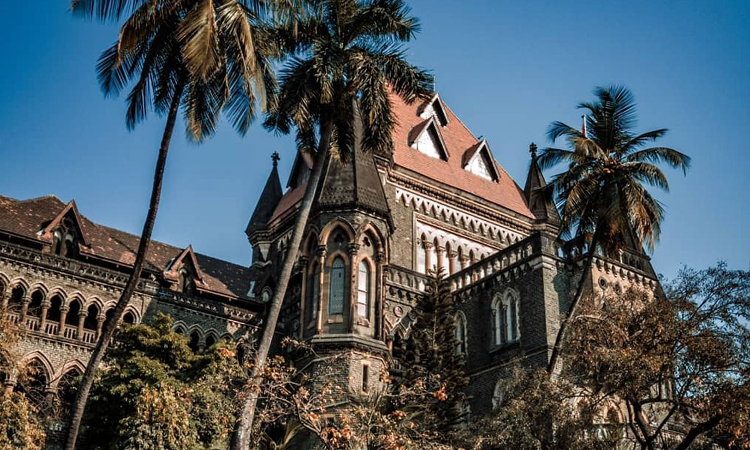A judgement pronounced in open court but signed by the judge after he was transferred is a valid judgement, the Bombay High Court has held. Justice Sharmila Deshmukh relied on several Supreme Court judgements which held that once a judgement was delivered or pronounced in open court, the manner of delivery couldn’t be faulted.The writ petition filed by the petitioner in a partition...

